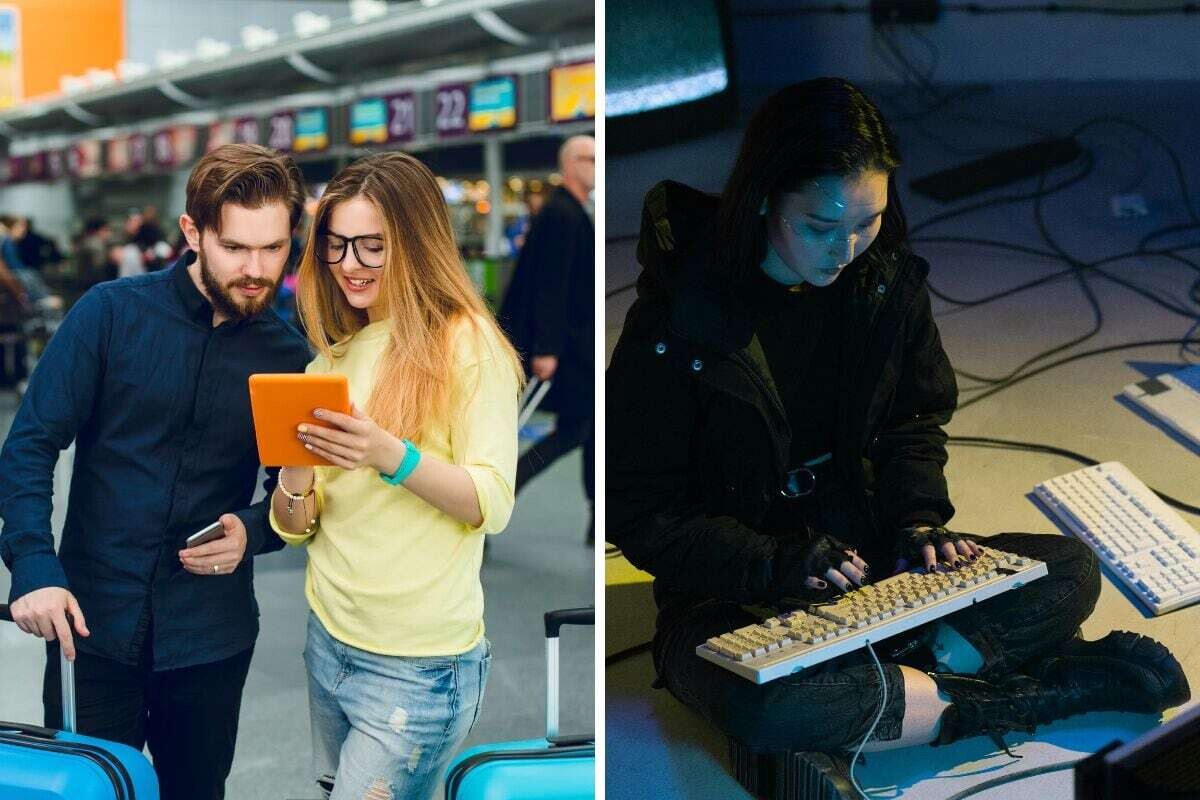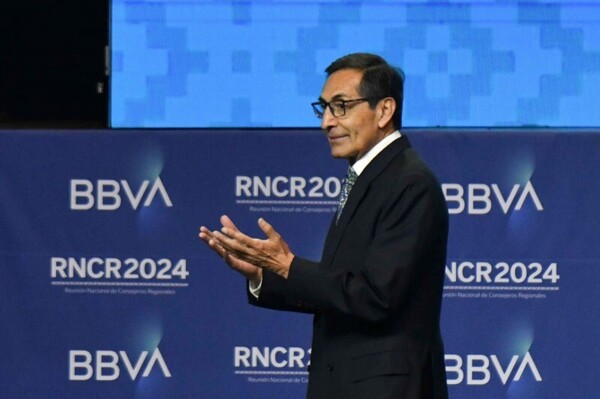
Cybercriminals have found a new form of fraud through travel applications, creating fake websites with fake phone numbers to deceive victims. They request deposits in reputable bank accounts to take advantage of fake offers. The advisor of the National Institute for Access to Information and Protection of Personal Data (Inai), Blanca Lilia Ibarra Cadenadel, has warned about this new modality, advising citizens on the importance of being cautious.
In Mexico City, the Citizen Council for Security and Justice has reported that around 300 people have reported being victims of this type of fraud this year. This type of scam has already been dubbed 'montaviajes'. Nationally, destinations such as Cancun, Acapulco, Huatulco, and Mazatlán are the most mentioned by the victims of these scammers, who can defraud up to 30,000 pesos in 60% of the cases.
Scammers use social media, including Facebook in 41% of cases, or impersonate travel agencies with fake websites to promote offers. Once at the destination, victims discover that the reservations, packages, or flights booked do not exist and they lose contact with the fraudulent agency.
To avoid falling into these montaviajes frauds, it is advised to: - Know the terms and conditions before purchasing any tourist service. - Be cautious of packages with very low prices during peak season that include flights, accommodation, and meals. - Research the travel agency, verify ratings and comments on social media or websites. - Check references with Profeco, verify registration with the Ministry of Tourism, and ensure the existence of physical offices. - Avoid making advance payments to reserve promotions. - Confirm the validity of reservations with hotels and airlines.














